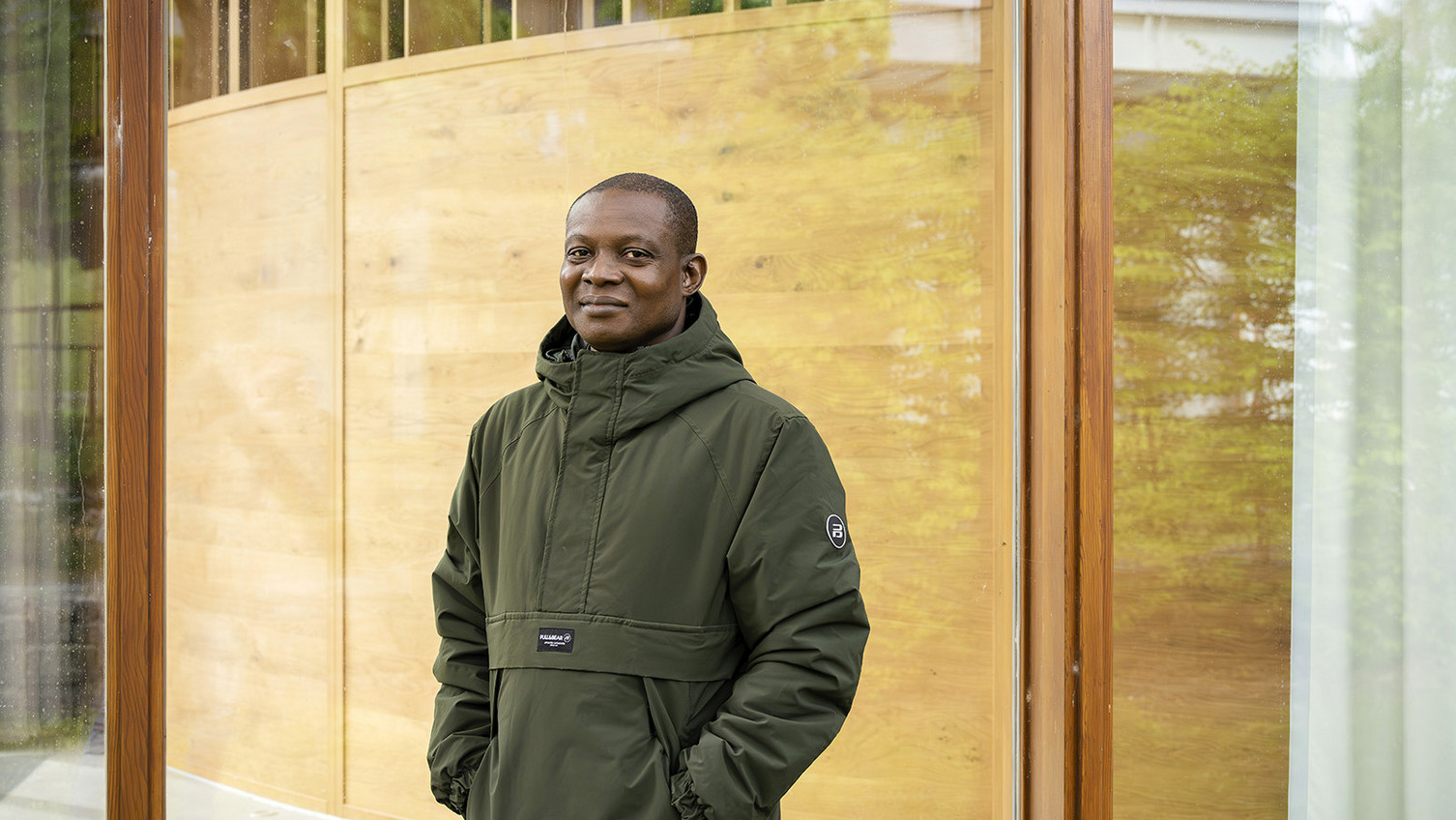Fellow 2024/25
The literary scholar Idowu Emmanuel Adeniyi examines societal problems in Africa and their representation in cultural production, including films, plays, poetry, and novels. He teaches at the Department of English and Literary Studies, the Federal University Oye-Ekiti, Nigeria. He was a Visiting Fellow at the African Studies Center, Leiden University, Netherlands, in 2023. He also held a fellowship at the Forum Transregionale Studien in Berlin and a Belz Fellowship from the World Journalism Institute in New York.
During his time at LIAS, Adeniyi will undertake an investigation of gender-related violence narratives in Nigerian literature. He explores the potential of literature to combat rape and sexual violence. He focuses on the cultural construction of benevolent masculinity and the inadequacy of legal means to solely tackle sexual crimes in Nigeria. His literary studies revolve around issues of social justness, inclusion, and gender justice in Nigeria.
Abstract
Breaking the Silence on Rape and Sexual Violence: A Literary Investigation of Nigerian Gender-Based Violence Narratives and Positive Masculinity
This Literary Studies research project employs radical feminism and affect theory as theoretical touchstones to interrogate the sexual violence against women in Nigeria. It considers the role of narrative techniques in conveying affective empathy, and explores the possibility of motivating readers to self-reflect and effect a change in their attitudes. The hypothesis underlying this is that more than just a legalistic approach is necessary to eliminate the threat. For this study, the following novels are examined: Abi Dare's The Girl with the Louding Voice (2020), Yejide Kilanko's Daughters Who Walk this Path (2012), Abidemi Sanusi’s Eyo: African Lolita (2009), Jude Dibia's Unbridled (2007), Chris Abani's Becoming Abigail (2006), Sefi Attah's Everything Good will Come (2005) and Ken Saro-Wiwa's Lemona's Tale (1996).
Education
2018 PhD in African Diaspora Literature, University of Ibadan, Nigeria
2009 MA in African American Literature, University of Ibadan, Nigeria
2005 BA in English and Literary Studies, Adekunle Ajasin University, Akungba-Akoko Ondo State, Nigeria
Most Recent Academic Position
Lecturer in African and Postcolonial Literature, Federal University Oye-Ekiti, Nigeria
Most recent publications
with Gbadegesin, Victoria Oluwamayowa. “Negotiating Boundaries through Reality Shows: A Multimodal Study of Big Brother Naija.” Critical African Studies (2025): 1–23.
“Towards the Systematisation of African Ways of Knowing: Neocolonial Hegemony, Theory Development and Cognitive Imperialism in African Studies.” African Identities, April (2024): 1–18.
“The Weeping Earth: Entangled Humanism, Precarity and Imaginaries in African Eco-poetry.” Scrutiny2 28, no. 2 (2024): 1–24.


